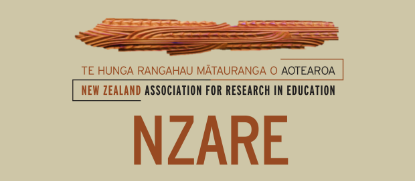Education Policy Seminar 2023
Judie Alison, Convenor Education Policy SIG
NZARE’s Education Policy SIG held a seminar on 19 May which tackled the question of whether it was time to abandon the Beeby/Fraser ideal as our underpinning goal. Professor John O’Neill had set up a provocation which suggested that given there have been marked changes in the context and our thinking since 1939, the statement may no longer adequately serve as an aspirational and inspirational call to action. If that was so, he asked, with what should we replace it?
After an exploration of the provocation by John O’Neill, six speakers tackled the question from their diverse viewpoints. They were Mere Berryman (Waikato), Bronwyn Wood (Victoria), Fuapepe Rimoni (Victoria), Judie Alison (ex-PPTA), Ellen Dixon (NZUSA) and Mark Potter (NZEI). All presenters had written papers which
were pre-circulated to participants. This encouraged lively discussion among the 35 participants.
The final discussion concluded that Tomorrow’s Schools, by leaving so much to Boards, had damaged our ability to ensure equity across the system. We were agreed that an education system should be judged by how well it meets the needs of the most disadvantaged students, not by how it meets the needs of the majority. No
principal or Board can claim success if anything they are doing in their school damages any other school in their community or across the system. We also agreed
that we need a Finland-style cross-party consensus so that schools are not subject to constant policy change. Click on links to view papers from this event.
2023 Convenor
 |
Judie Alison
If you are not currently a SIG member then contact the Executive Officer to find out how you join |
Dr Judie Alison has retired in 2018 from full-time work as a Policy Adviser and Advocate for NZPPTA, the secondary teachers' union, and is now working as a freelance researcher. She has undertaken contracts with the Ministry of Education in relation to the NCEA Review, and more recently with PPTA on principals' experience of staffing challenges. In 2022 she was contracted by PPTA to write a history of the union's last 20 years. This book is currently with the publishers, to be launched in the second half of 2024.
